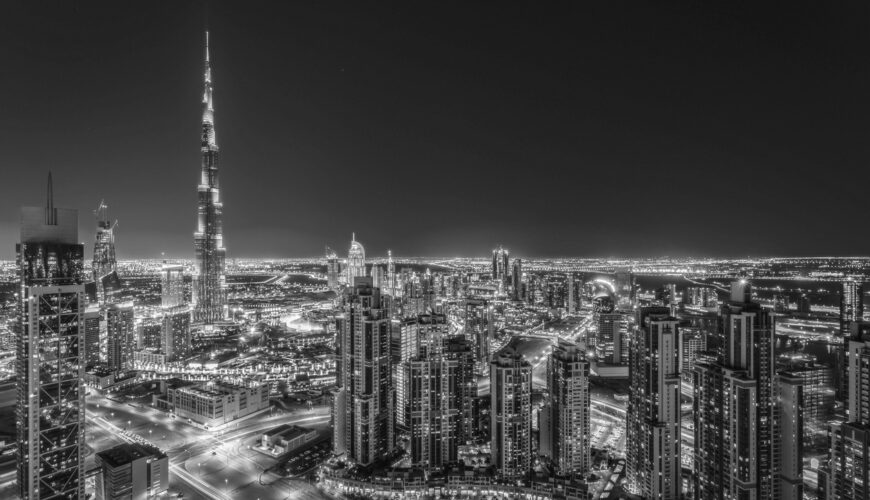As supply chains struggle to get back in balance following the past few years of disruption, the latest issues to arise are harking from the devastating earthquake and humanitarian crisis in Turkey and Syria. The global aftereffects will ripple out for some time to come, and it’s hard to predict exactly what that will look like.
In the meantime, the World Health Organization (WHO) is managing a Herculean logistics task, managing a global hub in Dubai known as International Humanitarian City. It is the largest humanitarian hub in the world. The WHO is overseeing a network of 20 warehouses in the hub, most currently filled with medical supplies. At the moment, this includes surgical instruments, splints and stretchers, infusions for IV drips and anesthesia—largely supplies to help with the immediate trauma and emergency as workers dig through rubble. Following closely on the heels of these immediate shipments are medicines kits for communicable diseases like cholera. The government of Dubai covers the cost of storage facilities, utilities and flights that are destined to the disaster areas. For more information on the WHO’s efforts in Turkey and Syria, follow this link.


